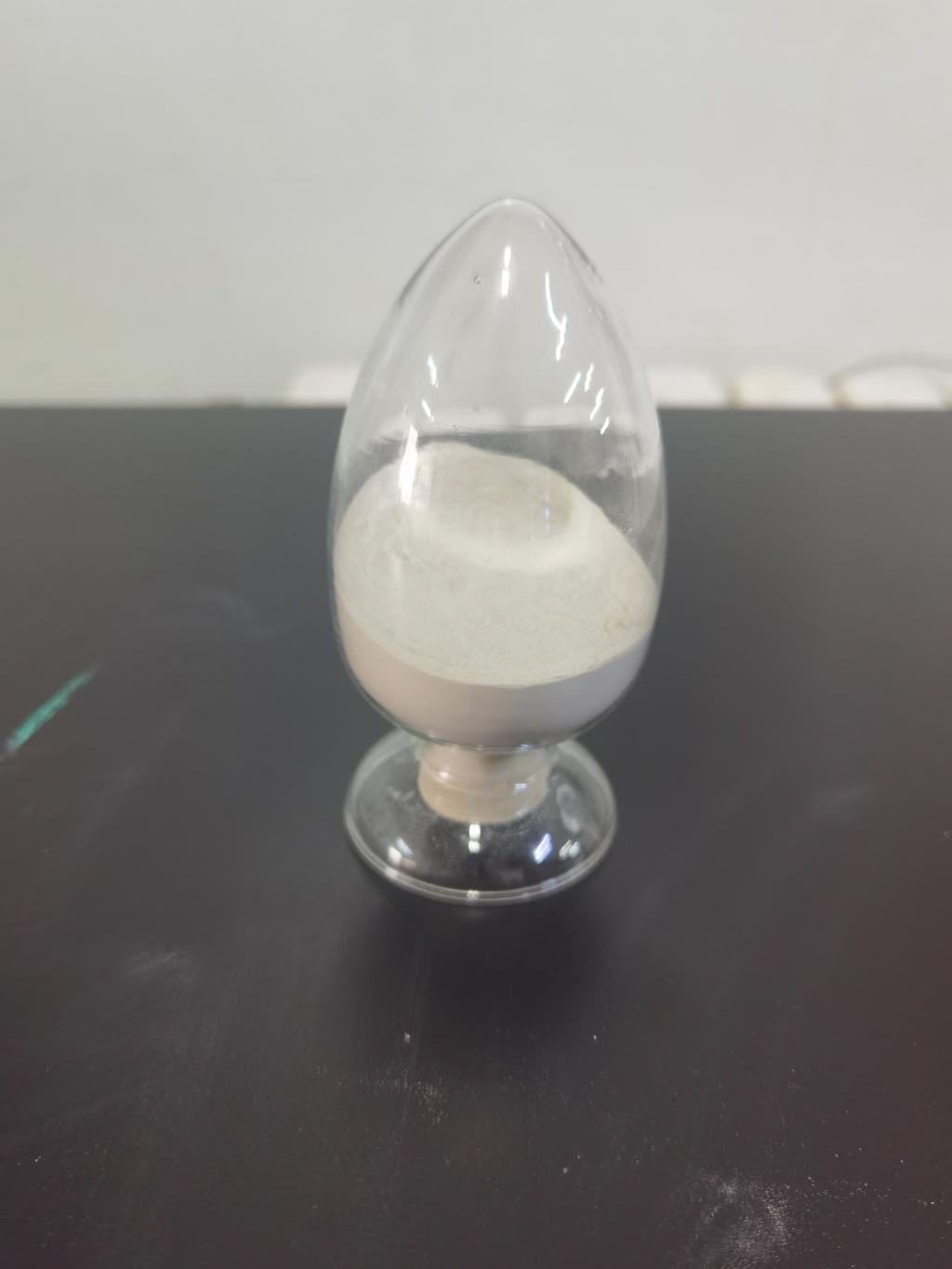Tel:+8618231198596

News
 CONTACT
CONTACT
 CONTACT
CONTACT
- Linkman:Linda Yao
- Tel: +8618231198596
- Email:linda.yao@dcpharma.cn
- Linkman:CHARLES.WANG
- Department:Overseas
- Tel: 0086 0311-85537378 0086 0311-85539701
News
Nisin's impact on reducing the environmental footprint of food production and waste management.
TIME:2023-08-28
The Environmental Challenges of Food Production and Waste:
Resource Intensity: Conventional food production consumes substantial natural resources, including water, energy, and land. This resource-intensive process contributes to deforestation, water scarcity, and energy consumption.
Waste Generation: Food waste is a significant global issue, contributing to landfills, greenhouse gas emissions, and resource depletion. Inefficient food preservation and spoilage exacerbate this problem.
Chemical Pollution: The use of synthetic chemical preservatives in food production can lead to water and soil pollution, affecting ecosystems and human health.
Climate Impact: Agricultural practices, including livestock production, contribute to greenhouse gas emissions, exacerbating climate change.
Nisin's Role in Environmental Sustainability:
Reduced Food Waste: Nisin's antimicrobial properties extend the shelf life of food products, reducing spoilage and the need for premature disposal. This directly minimizes the amount of food waste generated in both production and consumption phases.
Energy Savings: Longer shelf life translates to fewer products needing to be produced and transported, leading to energy savings and reduced carbon emissions associated with transportation and refrigeration.
Resource Efficiency: By preserving food products and reducing the frequency of replacements, nisin promotes efficient resource utilization, helping to minimize the strain on land, water, and energy resources.
Less Chemical Usage: The use of nisin as a natural preservative reduces the need for synthetic chemical additives, lowering the potential for chemical pollution in the environment.
Mitigating Deforestation: Longer shelf life and reduced food waste contribute to lower demand for agricultural expansion, thereby mitigating deforestation.
Applications of Nisin for Environmental Sustainability:
Reduced Packaging Waste: Longer-lasting food products enabled by nisin require less frequent repackaging, reducing the amount of packaging waste generated.
Plant-Based Alternatives: As nisin is often derived from fermentation of dairy cultures, its adoption could drive demand for plant-based and microbial fermentation methods, reducing the environmental impact of traditional dairy production.
Enhancing Local Food Systems: By preventing spoilage, nisin supports the utilization of locally produced foods, thus reducing the carbon footprint associated with long-distance transportation.
Waste Reduction in Food Service: In institutional food service settings and restaurants, nisin can play a role in reducing food waste, as it extends the shelf life of prepared dishes.
Challenges and Considerations:
Consumer Acceptance: Educating consumers about the benefits of nisin and addressing any concerns about its safety or impact on taste is essential for its widespread adoption.
Regulatory Approval: Nisin's use as a food preservative might require regulatory approval in various regions. Streamlined processes for approval are necessary to encourage its use.
Dosage Precision: Determining the optimal concentration of nisin for different food items is vital to ensure its efficacy without affecting taste or quality.
Collaboration and Education: Collaboration among stakeholders, including food producers, regulators, and consumers, is crucial for the successful integration of nisin into sustainable food production practices.
Conclusion:
Nisin presents a promising opportunity for the food industry to address both food safety and environmental sustainability challenges. By extending the shelf life of products, reducing food waste, and promoting resource efficiency, nisin contributes to a more environmentally responsible approach to food production and waste management. As the world grapples with the urgent need for sustainable solutions, nisin's potential impact cannot be underestimated. Its adoption aligns with the broader goal of achieving a more resilient, efficient, and ecologically balanced food system that benefits both people and the planet.
- Tel:+8618231198596
- Whatsapp:18231198596
- Chat With Skype







